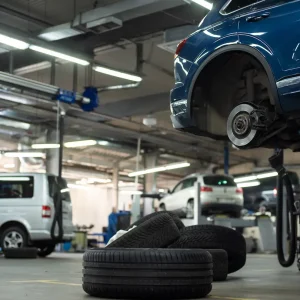It’s been an interesting couple of weeks, where I’ve been fortunate enough to spend time in the company of the men running the UK’s two biggest leasing firms.
Rick Francis, the new incumbent of Lex Autolease’s hot seat, and the man chasing him, David Brennan of Leaseplan, both returned repeatedly to the concept of service. As we move through and out the other end of the financial crisis, and Lex Autolease moves on from its massive merger of Lex and Lloyds TSB Autolease, both men are now more focused on providing top-level service to in an industry that has evolved from an attitude of winning business at any cost. Although the cheapest deals may no longer be available, I’d agree with both men in that ever-improving customer service can only be good for well-run business car fleets.
Meanwhile, being something of a statistics geek, I always quiet enjoy pouring myself into the hefty exercise that is BusinessCar’s green analysis of the top 20 carmakers. This year we’ve changed a couple of the 10 categories that go together to rank the 20 biggest volume brands in the fleet sector. We’ve included local air pollution, a growing and very different issue to CO2, and how close manufacturers are to the individual CO2 targets set by the EU according to the size and shape of the cars they sell. The way the market changes year-on-year is fascinating, and while some brands nearer the bottom of the table may try to pick holes in the methodology, I think it gives an accurate picture of what’s going on.
Follow BusinessCar on TWITTER





